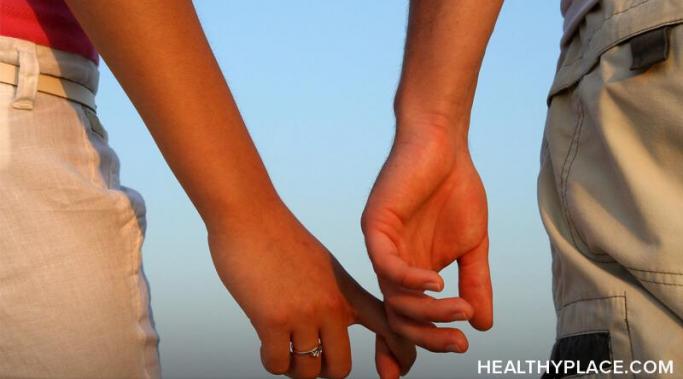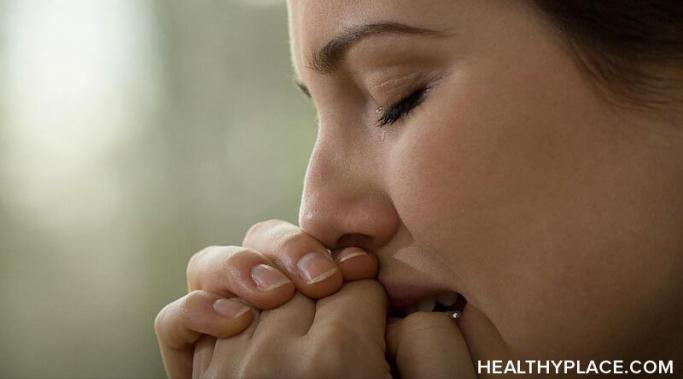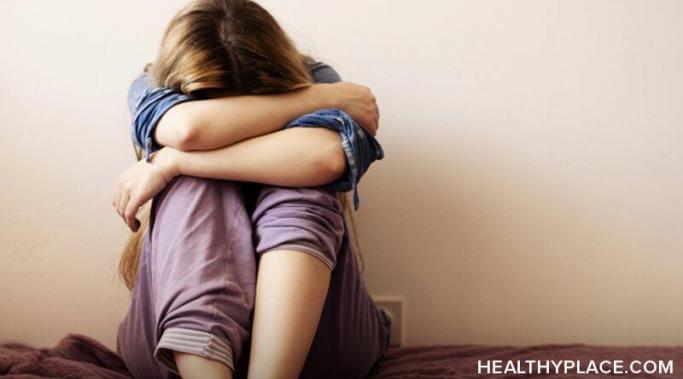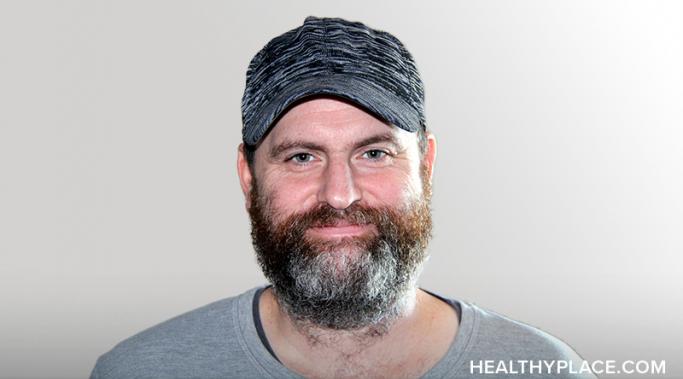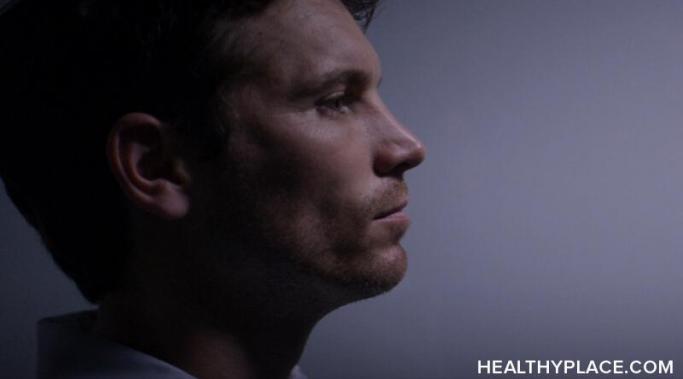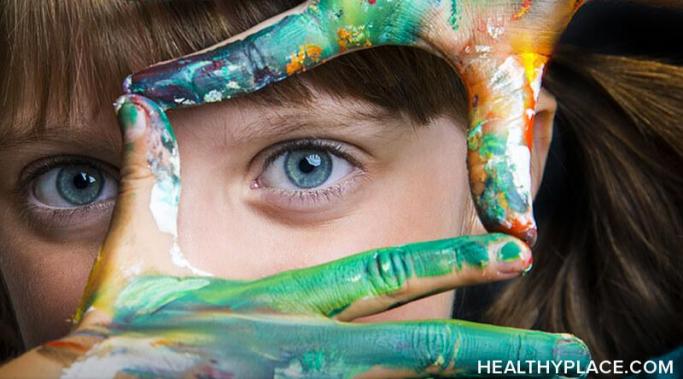Blogs
Remaining calm in the chaos of today's fast-paced world can sometimes seem like an uphill struggle. Chaos is ever-present in the news, from global crises and natural disasters to political upheaval and economic instability. This chaos can seep into our daily lives, leaving us uncertain about the future. Not surprisingly, it's easy to get caught up in the whirlwind of chaotic events and lose our sense of inner calm, but you can be calm even in chaos.
Posttraumatic stress disorder (PTSD) impacts various areas of life. When it comes to romantic and intimate relationships, PTSD can make it especially difficult to get close to someone.
Anxiety and decision-making do not go together—like, at all. Have you ever seen that meme from the movie version of The Notebook where Ryan Gosling’s character asks, “What do you want?” and Rachel McAdams' character says, “It’s not that simple!”? That’s my everyday life. I’d be lying if I said my boyfriend hasn’t quoted that dialog to me on more than one occasion.
One of the most harmful myths surrounding alcohol addiction recovery is the idea of relapse and day one. Mainstream recovery modalities and the criminal justice system use fear to ignite abstinence, preaching that perfection is the only acceptable path forward. It is normal and expected to relapse and return to day one after a slip.
My name is Martyn Armstrong (Momo, as I'm more commonly known in online circles); I'm a new blogger for "Debunking Addiction" at HealthyPlace. Next January, I'll cross the threshold of 10 years of sobriety. Still, other than a few Twitter threads on my journey, I'm relatively new to discussing addiction and mental health. And I feel excited (and, if I'm honest, slightly nervous) about sharing my experiences. Addiction and mental health play significant roles in my everyday life. And, though it sounds odd, there are upsides to both.
Which is worse, having really bad arthritis in my knees or hearing voices? I don’t know. They both stink, and I’ve suffered from both. Not that rank needs to be pulled, but maybe I’ll figure out which one is worse--or which one I can cope with better--by writing about hearing voices versus arthritis.
There was a time that I felt I needed to avoid anything that caused anxiety. Whether it was a long-term trigger or something that was making me feel uncomfortable at the moment, I felt that I needed to avoid the situation to keep from experiencing any unpleasant feelings as a result of anxiety. But I have learned that avoidance doesn't help my anxiety.
I am one of the many people who consider their first love a life-changing chapter of their lives. Unfortunately, betrayal marred my first love, and the resulting betrayal trauma made it hard for me to move on.
Today, individualism is more challenging than ever. This week, I've been thinking a lot about The Fountainhead, a novel by Ayn Rand, the Russian-born American writer and thinker who's been largely slimed by 21st-century progressives for her conservative political philosophy. The Fountainhead, however, deals not with politics but with self-hood and being an individual.
During my childhood, my dad was one of my best friends. So Father's Day was a very exciting time. But after my father died, I dreaded the holiday. Over the years, I have learned to cope with grief through writing. This Father's Day, I want to share some writing prompts that have helped me to remember my father's special place in my life. This post contains six of my writing prompts.

